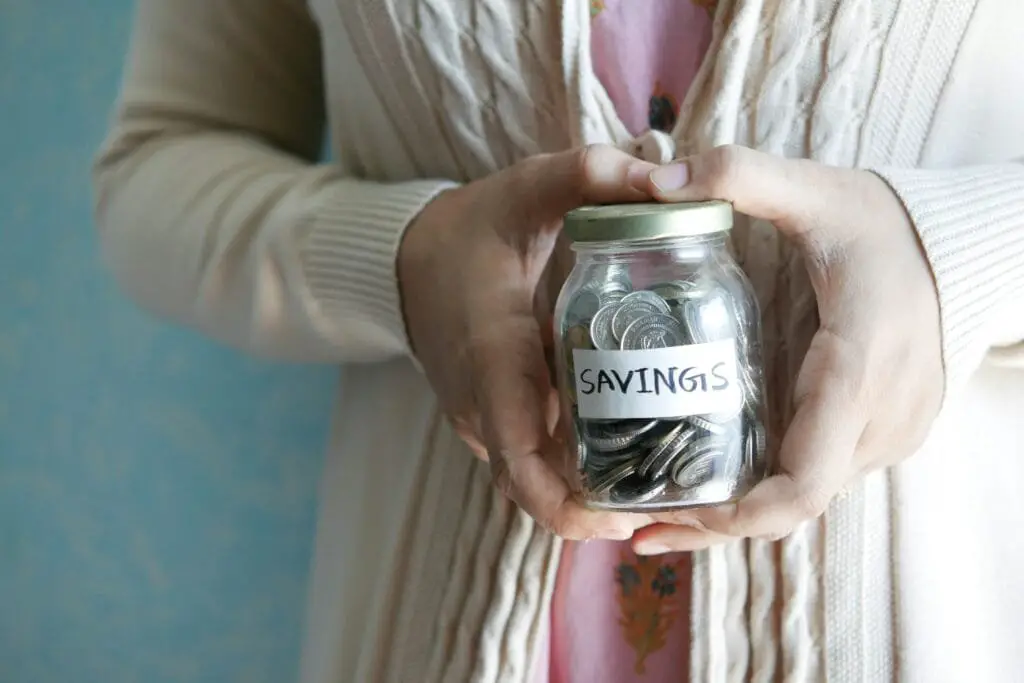Remember a time when people had to balance their checkbooks by hand and shop without a single online discount code? While it might seem like ancient history, the way people managed money before the internet could actually be the secret to transforming your finances today. Let’s take a look at some pre-internet spending habits that are still powerful—and how you can use them to your advantage.
1. They Knew Exactly Where Their Money Went

Before online banking and budgeting apps, people tracked their spending manually. They knew how much they made and where every cent went because they physically wrote it down. There’s something about putting pen to paper that forces you to stay accountable. You can bring this habit into your life by starting a handwritten budget—it makes your financial situation feel more real and harder to ignore.
2. Shopping Was Intentional

Without the convenience of one-click shopping and endless online deals, people didn’t buy on impulse. Shopping trips were planned out, and purchases were made thoughtfully. By being more intentional with your spending, like waiting 24 hours before making an online purchase, you can avoid impulse buys and make smarter decisions.
3. Patience Was a Virtue

Pre-internet, if you wanted something, you had to save up for it. There was no “buy now, pay later” option. That patience kept people out of debt and allowed them to build wealth slowly but steadily. Adopting a savings-first mentality today—saving up for big purchases instead of relying on credit—can help you avoid debt traps and reduce financial stress.
4. Comparison Shopping Took Effort—And Was Worth It

Before price-comparison websites and discount apps, people had to manually shop around to find the best deal. It was more effort, but it saved them big in the long run. While we now have tools to do this for us, it’s still important to shop smart. Don’t just grab the first deal you see—take a little extra time to compare prices and read reviews to ensure you’re getting the most bang for your buck.
5. They Used Cash, Not Credit

Back in the day, most transactions were cash-only, which naturally kept spending in check. When you see your money physically leave your hand, it’s harder to part with it. You can recreate this habit by trying a cash-envelope system for certain categories like groceries or entertainment. It’s a simple but powerful way to curb overspending.
6. Entertainment Was Low-Cost or Free

People didn’t need pricey memberships or endless subscriptions to have fun. They made the most of free or low-cost activities—like going to the park, having game nights, or simply spending time with family. Cutting back on paid entertainment doesn’t mean cutting back on enjoyment. Find local events, outdoor activities, or creative at-home options that can give you the same satisfaction without the financial burden.
7. Debt Wasn’t a Given

Pre-internet, debt was seen as something to avoid, not a standard part of life. People were more cautious about borrowing and often worked to pay off debts quickly. You can channel this approach today by viewing debt as a last resort. Prioritize paying off what you owe and avoid taking on new debt unless absolutely necessary.
8. They Repaired Rather Than Replaced

In a time when everything seemed to be built to last, people often opted to repair broken items instead of immediately replacing them. A torn shirt could be stitched up, and a malfunctioning appliance could often be fixed with a little know-how. Embrace this mindset today by considering how you can repair items in your home before rushing to buy new ones. You might find that with a bit of effort, you can save a lot of money while also reducing waste.
9. Home Cooking Was the Norm

Eating out wasn’t as common as it is today, and home-cooked meals were a staple of everyday life. Not only was it healthier, but cooking at home also saved a significant amount of money. Reintroduce home cooking into your routine to save on food costs. Planning meals for the week and preparing them in batches can cut down on grocery bills and help you eat healthier.
10. They Made Gifts Meaningful

Instead of spending money on extravagant gifts or last-minute online orders, people often took the time to create thoughtful, homemade gifts. A knitted scarf or a batch of cookies meant more than a store-bought item. Embrace this spirit by getting creative with your gift-giving. Not only can this save you money, but it also adds a personal touch that’s often more cherished than anything bought off the shelf.
11. They Planned for the Future

People back then often set aside money for savings and future expenses. It was common to have a savings account dedicated to specific goals, like vacations or home repairs. Start a similar practice by creating separate savings accounts for your short-term and long-term goals. This way, you’ll be more intentional about saving and less likely to spend what you’re saving for something special.
12. They Used Libraries as Resources

Before the internet, libraries were invaluable resources for information, entertainment, and education. People borrowed books, magazines, and even movies to keep entertained and informed without spending a dime. Make use of your local library today! Not only can you borrow books for free, but many libraries also offer free classes and workshops that can enrich your knowledge and skills without breaking the bank.
13. Seasonal Shopping

People used to buy what was in season, from fruits and vegetables to clothing. This habit not only meant fresher produce but also saved money since seasonal items were often cheaper. Apply this principle today by shopping for seasonal goods and taking advantage of sales. You’ll likely find better deals and support local farmers or businesses in the process.
14. Community Sharing

Neighbors often banded together to share tools, resources, and even food. This sense of community meant that instead of each household owning everything they needed, they could borrow or trade what they required. Foster this spirit today by creating or joining a local sharing group. Whether it’s for gardening tools or kids’ toys, sharing can significantly reduce costs and strengthen community ties.
While life today is a lot more connected and convenient, there’s a lot we can learn from the way people handled their money before the internet. By adopting these old-school habits, you can slow down your spending, get a better grip on your finances, and create a more secure financial future.
15. They Kept a Savings Jar

Before the rise of digital banking, many people relied on good old-fashioned jars or envelopes to save money. Whether it was for a specific goal like a vacation or a rainy day fund, physically seeing that money accumulate was a powerful motivator. Today, you can replicate this habit by setting up a dedicated savings jar or envelope for your next goal—whether it’s a special purchase or an emergency fund. Watching your savings grow can inspire you to save more, and it gives you a tangible reminder of your financial aspirations.


